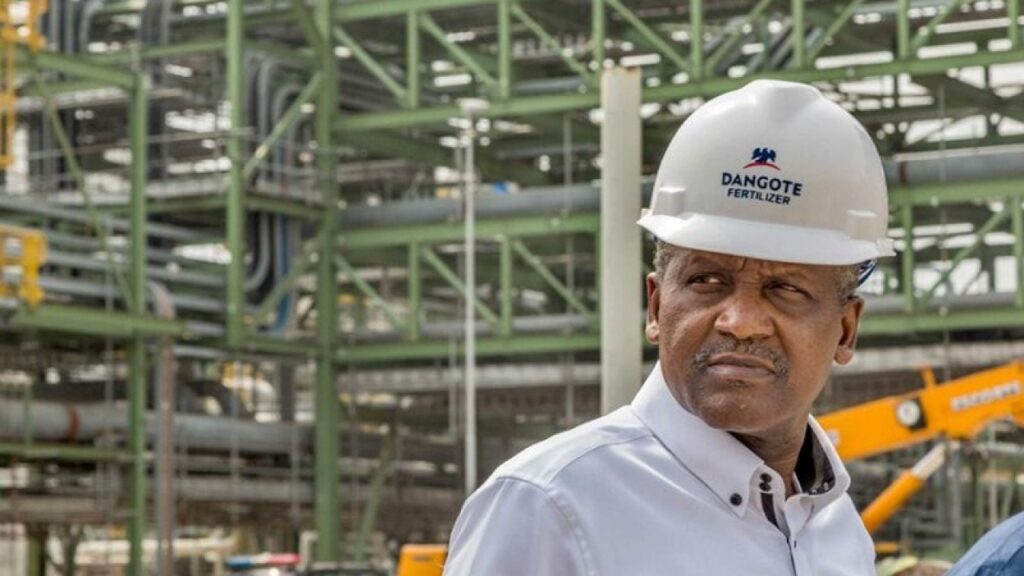Nigeria’s 650,000 b/d Dangote refinery has increasingly struggled to source crude feedstock from international oil companies (IOCs), its leadership said June 24, in a sign of emerging frictions with suppliers.
The new refinery, which promises to overhaul West Africa’s refining sector, has sourced crude from both Nigeria’s state-owned NNPC and IOCs since starting production in January, but claims to have met growing resistance to supply its operations.
Speaking to S&P Global Commodity Insights June 24, Devakumar Edwin, Vice President of oil and gas at Dangote Industries, said that IOCs active in Nigeria had been offering crude oil to the refinery at a premium of over $6/b to market price.
“The IOCs are deliberately and willfully frustrating our efforts to buy the local crude. They are either asking for ridiculous/humongous premium[s], or they simply state that crude is not available,” he told Nigerian news outlets June 23, blaming the crude shortage for the refinery’s failure to reach higher run rates.
Meanwhile traders noted concern around delayed deliveries to the refinery, an alleged result of payment disputes.
Two tankers carrying WTI Midland previously experienced over month-long wait times before discharging at the refinery in May, with supplier Petrochina reported to have refused payment in the form of refined products.
Edwin declined to comment on the alleged dispute.
Analysts pointed to currency weakness and limited access to US dollars as likely challenges for Dangote, whose Lagos office was raided by Nigeria’s Economic and Financial Crimes Commission after allegations of foreign exchange mismanagement in January.
At the time, the Dangote Group said the incident was designed to cause “unwarranted embarrassment,” though sources have since said relations with the Tinibu administration have started to improve.
Regulatory levers
An apparent reluctance to supply the refinery has been met with concerted efforts by the Nigerian Upstream Petroleum Regulatory Commission (NUPRC) to force the hand of IOCs.
On March 26, the NUPRC announced intentions to implement a ‘Domestic Crude Oil Supply Obligation’, which would oblige Nigerian crude suppliers to deliver product to local refiners before allowing exports.
Speaking June 24, Dangote VP Devakumar Edwin said that the provision was enshrined in the 2021 Petroleum Industries Act, yet does not include any price component.
“The local refineries have to be ready to buy the crude at the international price,” he said; “if the crude producer can get a higher price for export, they are free to export.”
A trader confirmed that the mandate included no “absolute requirement” to deliver crude to the domestic market if it was not commercially prudent.
The crackdown coincides with a planned withdrawal from Nigeria by the majority of IOCs, including TotalEnergies, ExxonMobil and Eni. All three companies are currently in the process of selling onshore and shallow water assets to Nigerian players, though most have faced delays, opposition and even court challenges.
Chevron, which remains active, has continued to forge supply links with the refinery. Speaking June 10, a spokesperson for the company expressed its support to the policy.
“Chevron supports the efforts of the Nigerian Upstream Petroleum Regulatory Commission (“NUPRC”) to assure supply of crude oil to local refineries on a transparent and commercially viable basis,” he said.

